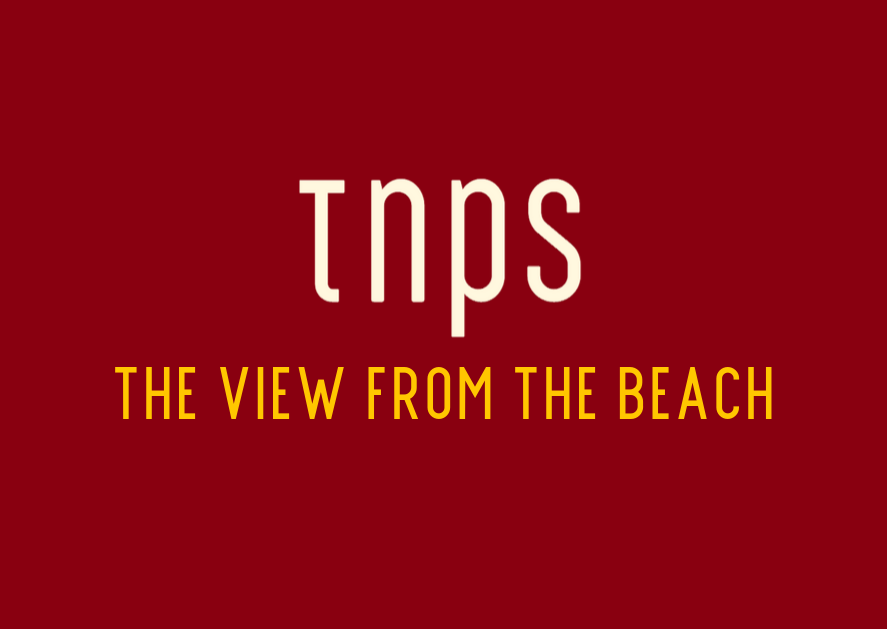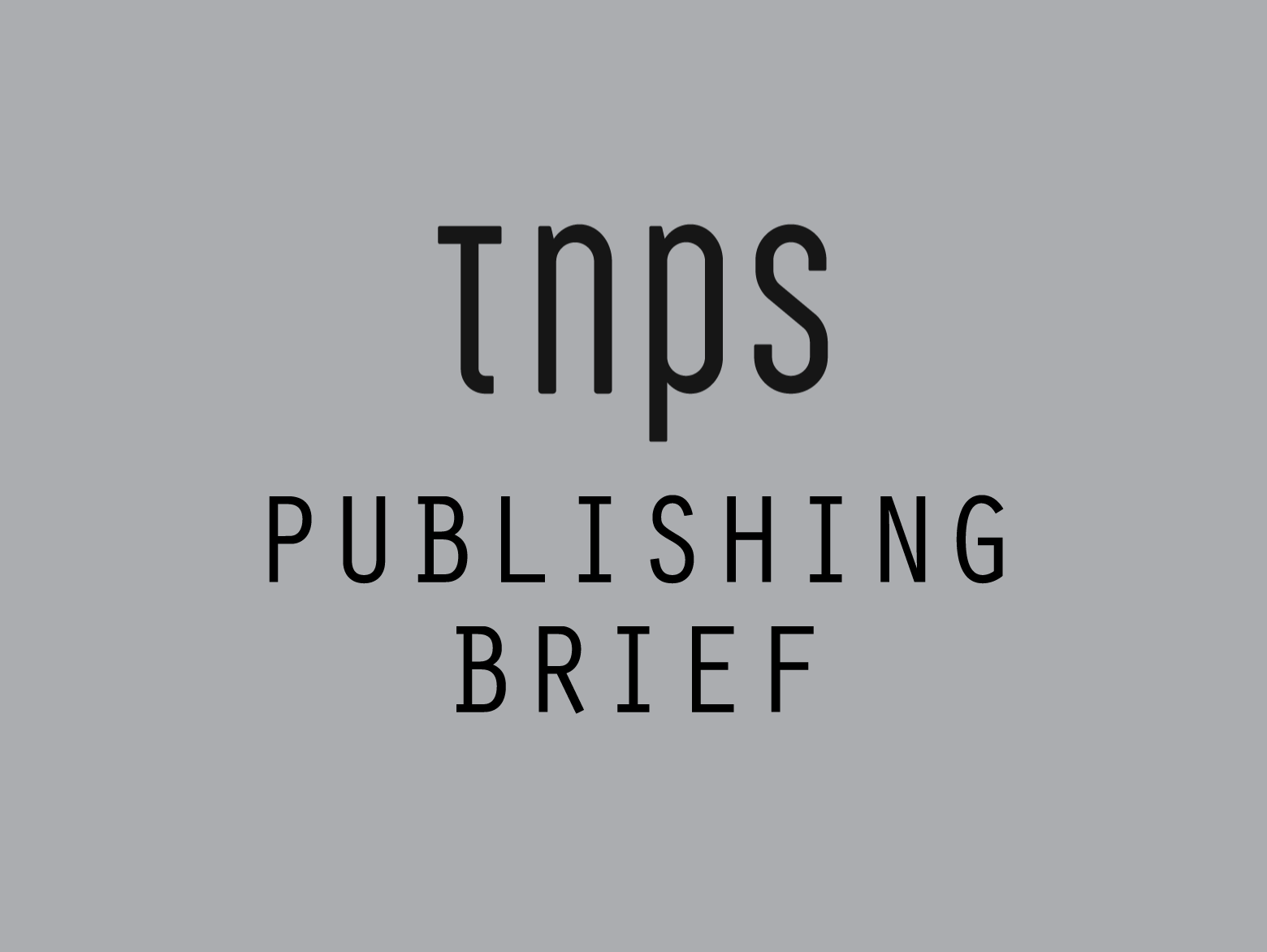We need to move forward in 2025, not try turn the clock back to 1995, and that means making and accepting compromises along the way, and at the same time being willing to experiment, innovate and seize new opportunities.
In the UK, the new and as yet unsettled government is engaging in a country-wide consultation on copyright and AI.
UK’s Publishers Association Responds
The UK’s Publishers Association has issued a statement on the UK government’s “consultation” on AI. The summary as issued by the PA is pasted at the end of this post for those who missed it.
Dan Conway’s summary here is mostly spot-on, balancing the negative and positive in the AI arena, but its easy to talk about perceived benefits of AI in the industry while simultaneously actively poisoning the debate in advance, as we see with the Society of Authors, the UK’s main trade body for writers, which has elevated toxic double-speak and resistance to change to an art form.
The Definition of New
The UK’s Publishers Association has mostly taken a more rational stance, but Conway’s note here that the govt. proposals are “as yet entirely untested and unevidenced” is a bit of a cop-out.
Everything new is by definition untested and unevidenced until it is put into action. But we can look at the proposals objectively and identify strengths and weaknesses, and even use AI to model possible outcomes.
As the PA says, “the solution needs time and full scrutiny”, but we cannot put AI on hold while that happens. AI has been around in the publishing industry much longer than the couple of years since ChatGPT brought AI into the public consciousness.
Squandered Opportunities
We’ve had plenty of time already, but have squandered that early opportunity pandering to uninformed public opinion, responding to the debate instead of leading the debate, and the Luddite fringe, intent on locking the publishing industry into the twentieth century, has especially squandered that opportunity with its knee-jerk soundbites and, often, outright lies.
Conway calls the government’s stance a “compromise position”, and that is also where the industry is right now.
Forward to 2025, not backward to 1995
We need to move forward in 2025, not try turn the clock back to 1995, and that means making and accepting compromises along the way, and at the same time being willing to experiment, innovate and seize new opportunities.
AI is not the publishing industry’s enemy. Rather, engaged with properly, it can be one of our greatest assets.
This post first appeared in the TNPS LinkedIn newsfeed.
The Publishers Association statement as published on LinkedIn:
Statement from Publishers Association CEO, Dan Conway, in response to the government’s Copyright and Artificial Intelligence consultation:
“We welcome this consultation and look forward to representing publishing’s views in the strongest possible terms in the coming weeks. This is a generationally important moment for the creative industries and a real opportunity for the government to get the fundamental legal underpinnings right to support AI innovation in a way that works for the economy and society, based on trustworthy, ethical, and licensed content.
“AI is already proving transformative and has incredible potential to improve the way we conduct research, learn, and interact with content of all kinds. The way to get that right is to ensure that the content ecosystem, including publishers, is properly commercially incentivised to invest in high-value content and that rightsholders can retain their fundamental control of how and when a work is used.
“We see the Government’s preferred package of measures outlined in this consultation as a genuine best effort by Ministers at a compromise position between tech and the creative industries. We intend to engage fully and constructively with a view to publishing being part of an economy-wide policy solution. We do want to raise some concerns immediately, however, in that the measures being proposed are as yet entirely untested and unevidenced. There has been no objective case made for a new copyright exception, nor has a water-tight rights-reservation process been outlined anywhere around the globe. We need to fix the current situation, but that solution needs time and full scrutiny and a great deal is at stake.
“This may be a consultation about a seemingly technical bit of copyright law, but its implications will be felt across society and the economy for many years to come.”




